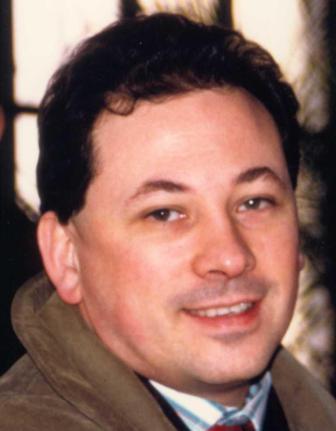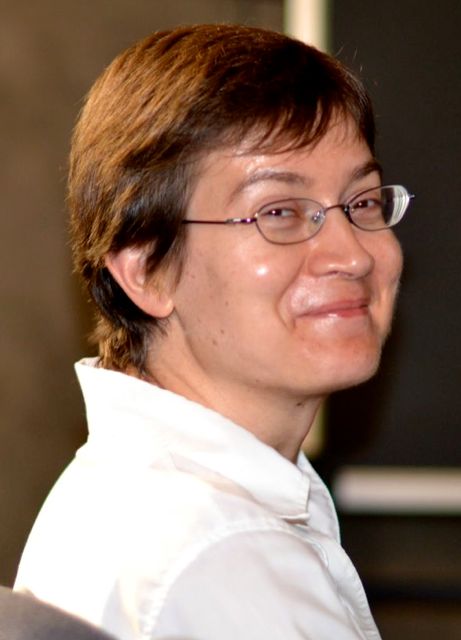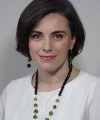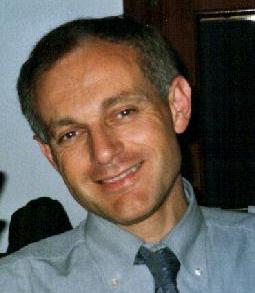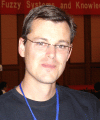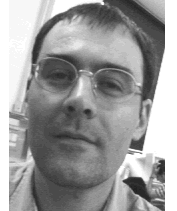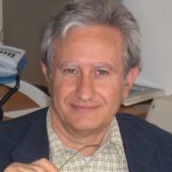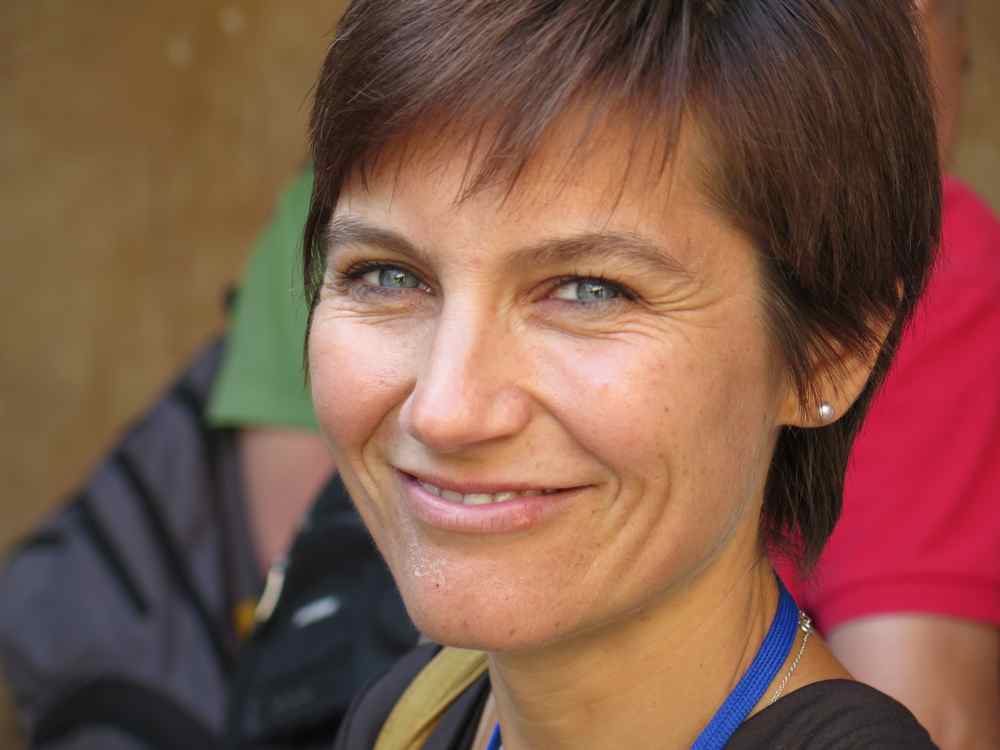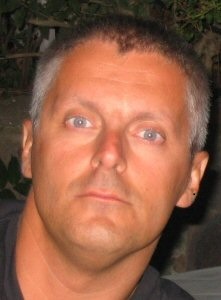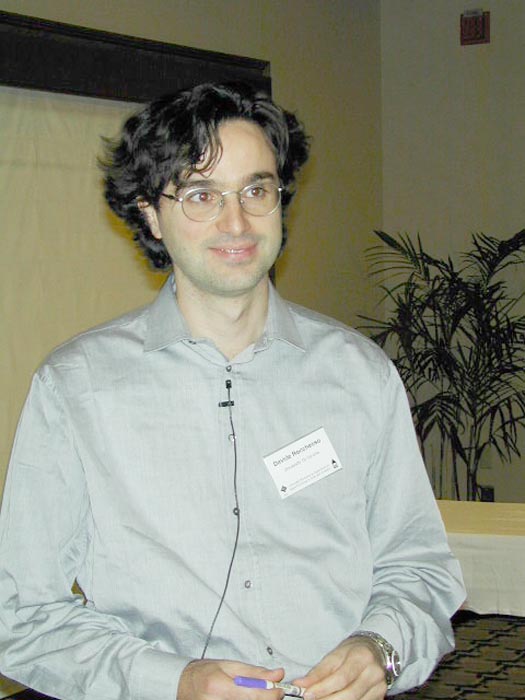Studying at the University of Verona
Here you can find information on the organisational aspects of the Programme, lecture timetables, learning activities and useful contact details for your time at the University, from enrolment to graduation.
Academic calendar
The academic calendar shows the deadlines and scheduled events that are relevant to students, teaching and technical-administrative staff of the University. Public holidays and University closures are also indicated. The academic year normally begins on 1 October each year and ends on 30 September of the following year.
Course calendar
The Academic Calendar sets out the degree programme lecture and exam timetables, as well as the relevant university closure dates..
| Period | From | To |
|---|---|---|
| 1° | Sep 30, 2002 | Nov 29, 2002 |
| 2° | Jan 13, 2003 | Mar 14, 2003 |
| 3° | Apr 7, 2003 | Jun 13, 2003 |
| Session | From | To |
|---|---|---|
| First term | Dec 9, 2002 | Dec 20, 2002 |
| Second term | Mar 24, 2003 | Apr 4, 2003 |
| Third term | Jun 23, 2003 | Jul 4, 2003 |
| First extra term | Jul 7, 2003 | Jul 18, 2003 |
| Second extra term | Sep 1, 2003 | Sep 12, 2003 |
| Third extra term | Sep 15, 2003 | Sep 26, 2003 |
| Session | From | To |
|---|---|---|
| 1 | Mar 17, 2004 | Mar 17, 2004 |
| Period | From | To |
|---|---|---|
| Easter Holidays | Apr 18, 2003 | Apr 27, 2003 |
Exam calendar
Exam dates and rounds are managed by the relevant Science and Engineering Teaching and Student Services Unit.
To view all the exam sessions available, please use the Exam dashboard on ESSE3.
If you forgot your login details or have problems logging in, please contact the relevant IT HelpDesk, or check the login details recovery web page.
Academic staff
Burattini Emilio
 emilio.burattini@univr.it
emilio.burattini@univr.it
 nome.cognome[at]uniud.it
nome.cognome[at]uniud.it
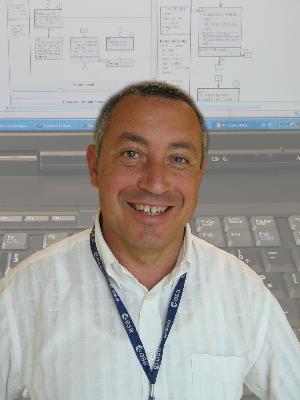
Martignano Maurizio
 maurizio.martignano@esa.int
maurizio.martignano@esa.int
 +31715656749
+31715656749
 angelo.pica@univr.it
angelo.pica@univr.it
Piccinini Nicola
 piccinini@sci.univr.it
piccinini@sci.univr.it
 +39 349 7461319
+39 349 7461319
 davide.rocchesso@univr.it
davide.rocchesso@univr.it
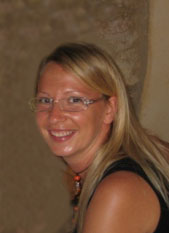
Rossato Rosalba
 rossato@sci.univr.it
rossato@sci.univr.it
 +39 045 802 7077
+39 045 802 7077

Scollo Giuseppe
 giuseppe . scollo at univr . it
giuseppe . scollo at univr . it
 045 802 7940
045 802 7940
Study Plan
The Study Plan includes all modules, teaching and learning activities that each student will need to undertake during their time at the University.
Please select your Study Plan based on your enrollment year.
4° Year activated in the A.Y. 2005/2006
| Modules | Credits | TAF | SSD |
|---|
Un insegnamento affine dell'area fisica a scelta dello studenteDue insegnamenti affini (area matematica) a scelta per complessivi 10 crediti4 insegnamenti caratterizzanti a scelta per un totale di 20 crediti (la scelta di 4 insegn. al 4° anno è un suggerimento, il vincolo è: 7 insegn. tra N.6 e N.8)5° Year activated in the A.Y. 2006/2007
| Modules | Credits | TAF | SSD |
|---|
3 insegnamenti caratterizzanti a scelta per un totale di 15 crediti (la scelta di 3 insegn. al 5° anno è un suggerimento, il vincolo è: 7 insegn. tra N.6 e N.8)| Modules | Credits | TAF | SSD |
|---|
| Modules | Credits | TAF | SSD |
|---|
Un insegnamento affine dell'area fisica a scelta dello studenteDue insegnamenti affini (area matematica) a scelta per complessivi 10 crediti4 insegnamenti caratterizzanti a scelta per un totale di 20 crediti (la scelta di 4 insegn. al 4° anno è un suggerimento, il vincolo è: 7 insegn. tra N.6 e N.8)| Modules | Credits | TAF | SSD |
|---|
3 insegnamenti caratterizzanti a scelta per un totale di 15 crediti (la scelta di 3 insegn. al 5° anno è un suggerimento, il vincolo è: 7 insegn. tra N.6 e N.8)Legend | Type of training activity (TTA)
TAF (Type of Educational Activity) All courses and activities are classified into different types of educational activities, indicated by a letter.
Approximation Methods (2005/2006)
Teaching code
4S00074
Teacher
Credits
5
Language
Italian
Scientific Disciplinary Sector (SSD)
MAT/08 - NUMERICAL ANALYSIS
Period
Third four month term dal Apr 3, 2006 al Jun 9, 2006.
Location
VERONA
Learning outcomes
Lo studente ha già esaminato nel corso di Calcolo Numerico alcuni dei problemi e i relativi algoritmi per la soluzione di problemi del continuo in maniera discreta. L'obiettivo principale del corso è di approfondire altri campi in cui è necessario disporre di metodi numerici efficienti e stabili per la soluzione di problemi non più solo unidimensionali e quindi più attinenti alla realtà delle applicazioni.
Program
Il corso viene svolto in 40 ore di lezione/esercitazione integrate da alcune ore di laboratorio personale in cui, mediante l'uso di linguaggi di programmazione già studiati (C, C++, Java, ecc...) e interpreti (Matlab e/o Maple), si chiederà allo studente di fare delle implementazioni di alcuni dei metodi numerici che saranno presentati e studiati durante il corso.
1. Interpolazione e approssimazione polinomiale di funzioni sia unidimensionli che bidimensionali. B-splines e curve di Bézier. Algoritmi di calcolo, algoritmi di inserimento di nodi, algoritmi di suddivisione, algoritmi di derivazione. Blossoming. Triangolazioni di Delaunay. Patch di Bézier.
2. Approssimazione di dati: metodo dei minimi quadrati e sue varianti. Singular Value Decomposition e metodo dei minimi quadrati.
3. Integrazione numerica nel caso multivariato: cubatura. Formule di cubatura su triangolazioni e griglie.
4. Funzioni radiali di base. Generalità e applicazioni.
5. Introduzione alle wavelets.
| Author | Title | Publishing house | Year | ISBN | Notes |
|---|---|---|---|---|---|
| Stefano De Marchi | Funzioni splines univariate (Edizione 2) | Forum, Editrice Universitaria Udinese | 2001 |
Examination Methods
Per il superamento dell'esame gli studenti sono tenuti ad approfondire alcuni argomenti complementari presentandoli sotto forma di seminari didattici o di progetto. Si precisa comunque che per la comprensione degli argomenti di approfondimento è necessario aver studiato quanto presentato nel corso e quindi si invita a partecipare attivamente alle lezioni, come in tutti i corsi avanzati.
Type D and Type F activities
Modules not yet included
Career prospects
Module/Programme news
News for students
There you will find information, resources and services useful during your time at the University (Student’s exam record, your study plan on ESSE3, Distance Learning courses, university email account, office forms, administrative procedures, etc.). You can log into MyUnivr with your GIA login details: only in this way will you be able to receive notification of all the notices from your teachers and your secretariat via email and soon also via the Univr app.

